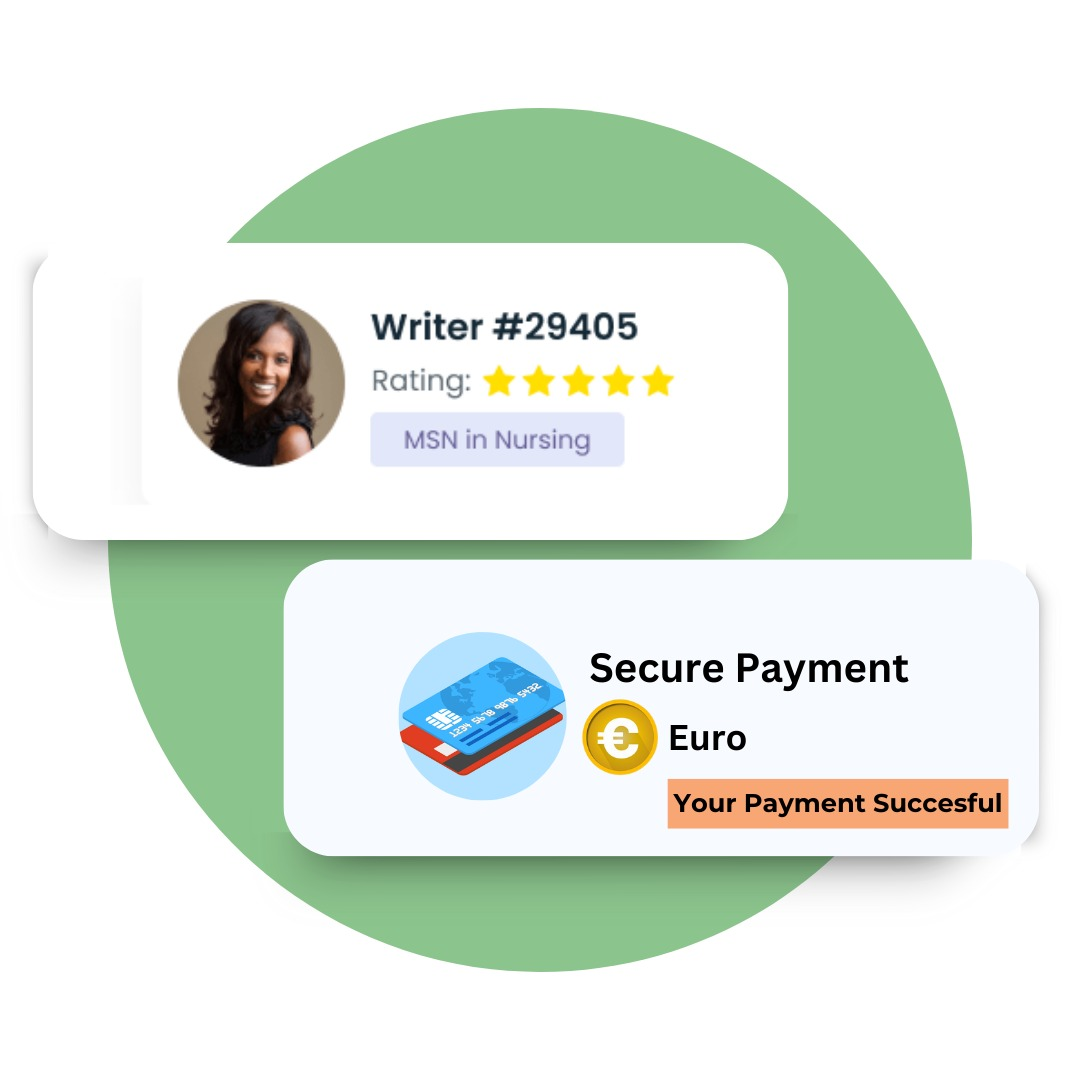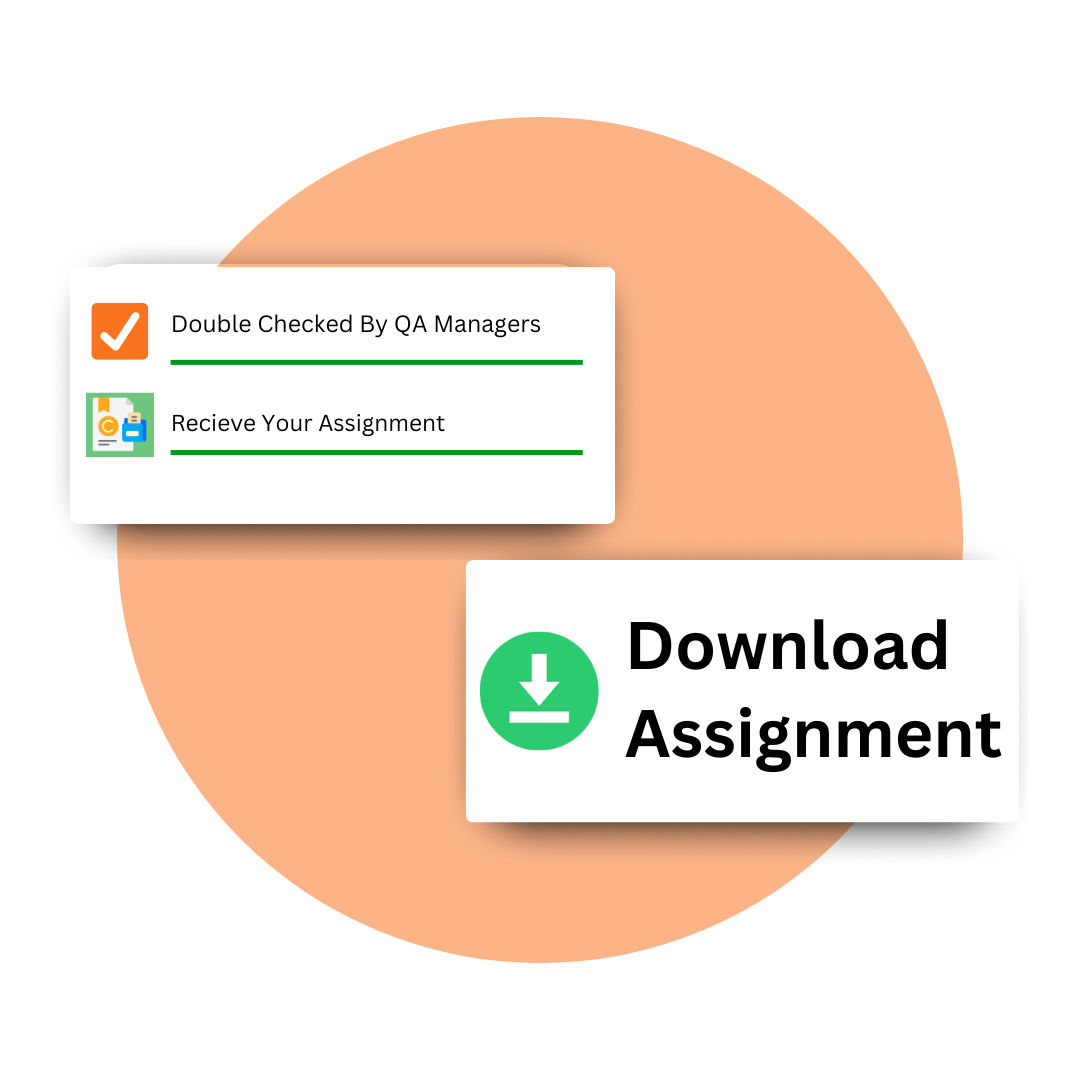Receive an instant price estimate, so you can decide without unnecessary delays.

Fill out the order form and attach the necessary documents to hire our ILM Level 4 budgetary planning and control assignment writers.

Make a payment using PayPal, credit/debit cards, or online banking services once you have received your quote.

Download your completed ILM Level 4 budgetary planning and control assignment from your respective mail.
Our writers are experts with native UK-based writing experience in ILM Level 4 Budgetary Planning and Control. They hold the requisite qualifications to offer you assignments in this subject that are working with experts who comprehend all the complexities involved in planning and controlling a budget.
All assignments we provide to you will be 100% original. Our writers are equipped with advanced plagiarism detection tools to ensure that your ILM Level 4 Budgetary Planning and Control assignment contains no copied content and, therefore, ensures academic integrity as required by the universities.
We know how much one needs deadlines. Our ILM Level 4 8605-420 Budgetary Planning and Control Assignment Help service ensures that the deadline is never compromised. From a few days to a few hours before the deadline, we will ensure that your assignment is delivered promptly without compromising quality.
We offer tailor-made support based on the specific requirements of each of our customers. From format and text to referencing style, we make sure that your ILM Level 4 Budgetary Planning and Control Assignment meets all or any specific requirements or preferences a university might have.
If you are facing problems with your ILM Level 4 8605-420 Budgetary Planning and Control assignment, we can assist you by providing you with our local UK writers who specialise in creating high-quality, well-researched assignments based on university-specific requirements. Our experts are aware of the demands of the ILM Level 4 syllabus and will help you generate an assignment on those exact issues, including financial planning, budgeting techniques, cost control, and variance analysis.
We also offer full editing and proofreading to ensure your work is error-free and logical. During our editing process, we follow all the parameters of clarity, coherence, and precision in order to remove grammatical or structural mistakes. Our professionals check the consistency of formatting, proper citation of sources, and compliance with the referencing style one may require, such as Harvard, APA, or MLA, among others. Our professional proofreading ensures your assignment is polished and ready for submission without any last-minute stress.
To evaluate the effectiveness of budgetary planning and the entire process:
Budgeting is crucial for the attainment of strategic goals and policies by aligning financial resources to organisational goals. It assists in:
Consider analysing the degree to which responsibility allocation for budgeting is effective given the following;
Clear accountability is ensured by assigning work to budget areas to enhance specialisation and enable timeliness monitoring. It directly results in cost control, resources utilised appropriately, and proper reporting. It allows individuals and departments to manage specific budget sections about controlling expenses and identifying problems early. It also enhances coordination, supports strategic decision-making, and maintains overall budget efficiency.
Measuring Budget Distribution is very straightforward:
Here are actionable recommendations to enhance the budgeting planning process and implementation:
Evaluating the systems and approaches used within an organisation, specifically those related to budgetary processes, requires a strict assessment regarding how effective an organisation is in terms of financial planning, monitoring, and reporting. Included in the procedures to prepare, approve, and modify budgets are considerations for whether those procedures are consistent with strategic goals adopted by the organisation.
A key part of the evaluation would be ensuring whether reporting mechanisms in place – financial statements, variance analysis reports, or dashboards, for example, will keep the budgetary process transparent and accountable. The systems and procedures must be able to track actual expenditures relative to budgeted levels within a reasonable timeframe but will provide insight into discrepancies or overruns by which management can make informed decisions about resource allocation and cost control.
Regular reviews, internal audits, and performance assessments are also considered in effective mechanisms for budget monitoring, ensuring the organisation stays financially viable and moving along with its objectives.
Some of the proposed enhancements include measurement, monitoring, and reporting tools to develop performance against budget, as follows:
Assumption Update: Keep budgeting assumptions under constant review and update whenever circumstances change to align with them.
Hear directly from students who achieved A+ results with our help.
A
Alex Turner

ILM Assignment Helper played a key role in my success with ILM Level 3 assignments. Their team offered exceptional insights, guidance, and support. They ensured I understood the core concepts and applied them in my coursework, resulting in fantastic grades and a more solid grasp of leadership principles.
M
Michael Thompson

ILM Assignment Helper delivered high-quality work for my ILM Level 7 assignments. Their expert writers incorporated advanced research and real-world examples that directly aligned with my academic needs. With their support, I achieved excellent grades and was able to apply the knowledge practically in my career.
E
Emma Green

I couldn’t have asked for better help with my ILM Level 3 assignments. ILM Assignment Helper’s team provided clear, concise, and well-researched content that directly addressed the challenges in my coursework. With their help, I improved my grades significantly and gained a clearer understanding of leadership principles.
D
Daniel Hughes

I was having difficulty understanding some of the more complex management theories in my ILM Level 5 course. The team at ILM Assignment Helper provided tailored support that helped me break down these concepts into easily digestible pieces. Their research and writing assistance improved my work quality and led to top grades in my assignments.
C
Charlotte Roberts

ILM Assignment Helper was a lifesaver during my ILM Level 7 course. Their expert writers not only provided high-quality, well-researched content but also made sure the assignments aligned perfectly with the requirements of my curriculum. Thanks to their assistance, I passed with distinction and gained insights that will benefit me in my career.
J
James Carter

I was struggling to understand the practical application of leadership theories in my ILM Level 3 assignments, but ILM Assignment Helper made everything clear. The team’s input was invaluable, helping me complete my work with a deep understanding of how these theories apply to real-life situations. I received excellent grades thanks to their support.
Our UK experts make it possible. Reach out now for assistance!
